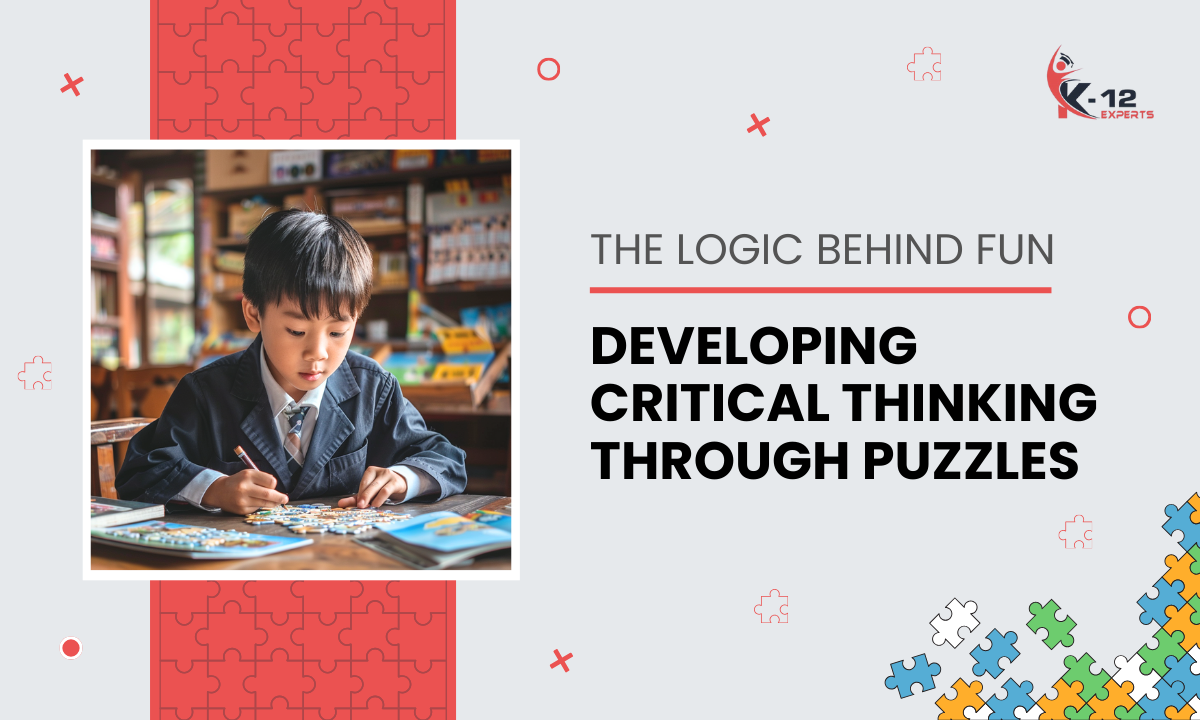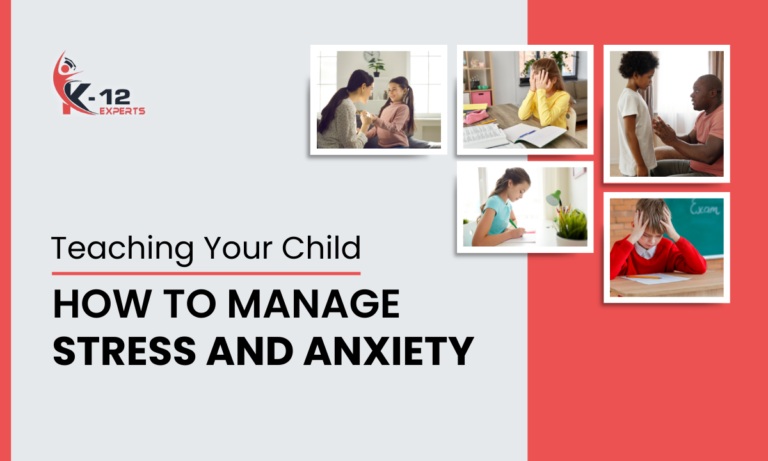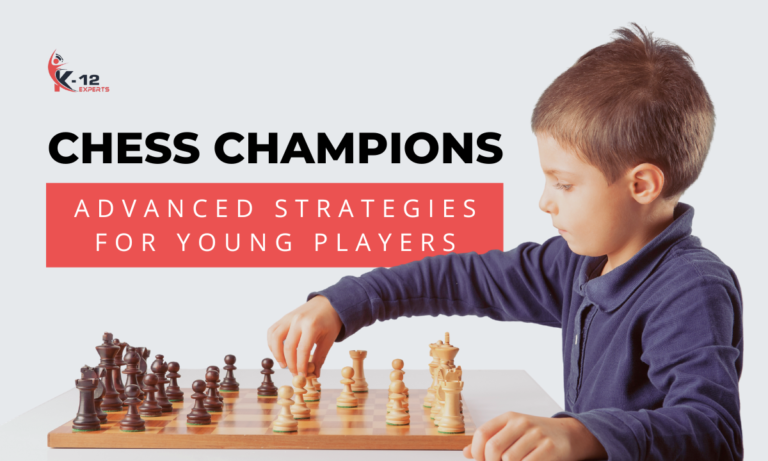Ah, the world of puzzles, where you inadvertently step into the role of detective, mathematician, and philosopher all at once! It’s like slipping vegetables into a dessert, where critical thinking skills get a covert workout amid the fun and games. You see when you’re analyzing a Sudoku grid or unraveling the enigmas of a clever brain teaser, you’re not just killing time—you’re commencing on a cerebral journey. These puzzles aren’t just random challenges; they’re meticulously crafted tools that shape your decision-making, enhance logical deductions, and prompt you to think outside the traditional box (sometimes quite literally).
From jigsaw puzzles transforming learning into an escapade to syllogisms that enhance your deductive reasoning, it’s a lively playground for your mind. They say laughter is the best medicine, but puzzles? They’re the clandestine spinach for your brain’s muscles, making you keener, more focused, and prepared to solve the world’s puzzles—one piece at a time. Hang around, and you might just discover that the most ingenious path through the maze of life is also the most entertaining.
Understanding Critical Thinking
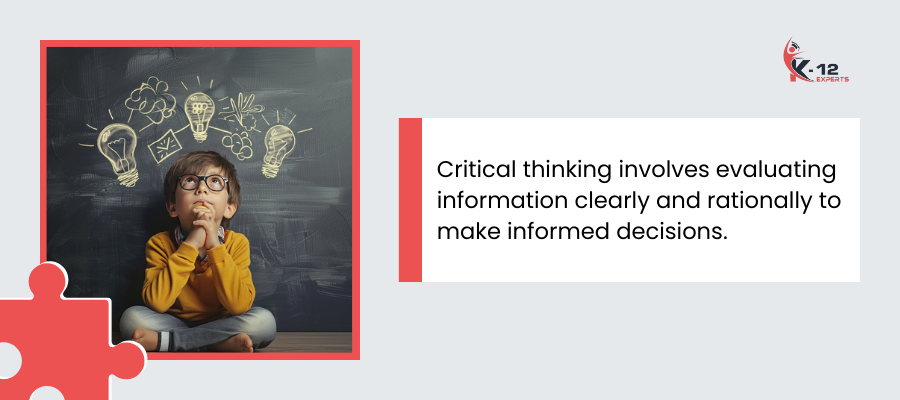
To truly excel in complex tasks, you must grasp that critical thinking involves evaluating information clearly and rationally to make informed decisions.
Imagine logic puzzles as your brain’s gym equipment, designed not just to sweat your neurons but to sculpt them into a well-oiled decision-making machine.
By requiring players to think logically and creatively, these puzzles don’t just whisper but shout: ‘Begin the journey to sharpen your ability to make logical deductions!’
Every time you plunge into solving these conundrums, you’re not just exploring; you’re initiating a quest to hone your critical thinking skills. It’s a journey where developing critical thinking becomes as thrilling as unraveling a mystery, urging you to think outside the box and, occasionally, chuckle at the sheer cleverness of it all.
Puzzles as Educational Tools
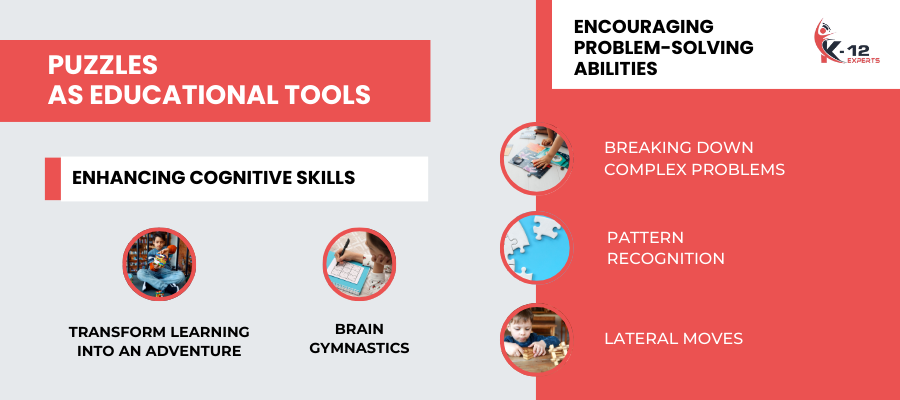
You’ve likely never thought of jigsaw puzzles as your brain’s best friend, but guess what? They’re not just for rainy Sundays anymore.
Enhancing Cognitive Skills
Puzzles, particularly jigsaw puzzles, serve as potent educational tools that can greatly enhance your cognitive skills by fostering logical thinking, problem-solving abilities, and visual-spatial processing.
Imagine transforming the often mundane task of learning into an adventure where each puzzle piece is a hint to revealing the treasures of critical thinking, problem-solving skills, and logical reasoning.
Through the whimsy of puzzle games, you’re not just memorizing facts; you’re setting off on a journey to cultivate reasoning and discover innovative solutions.
It’s like your brain is doing gymnastics, flipping and tumbling through concepts, all while you’re piecing together a masterpiece.
Jigsaw puzzles invite you to dive deep into thinking critically, making learning an engaging, joy-filled experience that sticks.
Encouraging Problem-Solving Abilities
While puzzles often seem like simple games, they’re actually powerful educational tools that sharpen your problem-solving skills by challenging your logical reasoning and critical thinking. Here’s how they work their magic:
- Breaking Down Complex Problems: Puzzles force you to dissect big challenges into bite-sized pieces, honing your analytical skills.
- Pattern Recognition: Hunting for patterns and connections in puzzles beefs up your critical thinking, making you a problem-solving ninja.
- Lateral Moves: They encourage you to think outside the box, pushing your creative problem-solving and lateral thinking to new heights.
Types of Think-Enhancing Puzzles
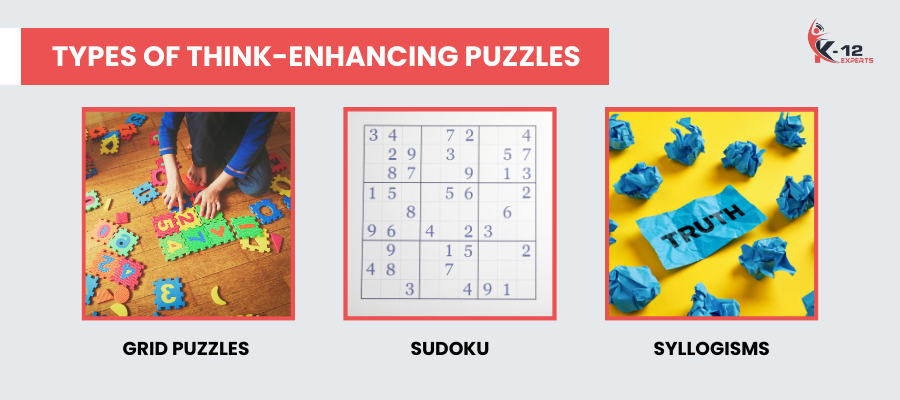
To boost your critical thinking skills, consider immersing yourself in various types of think-enhancing puzzles. These puzzles require a dash of logic and a sprinkle of innovation.
For starters, grid puzzles ask you to fill a grid based on clues, turning you into a detective of digits. Then there’s Sudoku, the classic brain gym, where using logic to place numbers 1-9 in a 9×9 grid becomes an addictive challenge.
Don’t forget about syllogisms, where you deduce truths from statements, feeling like a philosopher unraveling the mysteries of logic. Or delve into brain teasers, those quirky scenarios that test your logic and critical thinking, making you chuckle as you untangle their secrets.
Together, these puzzles develop and enhance your critical thinking and problem-solving skills, making you sharper and more skilled at handling life’s complexities.
Enhancing Problem-Solving Skills
Now, let’s twist our brains around the types of problem-solving puzzles and the juicy benefits they pack.
Imagine chuckling as you untangle a tricky logic puzzle, only to realize you’re actually sharpening your problem-solving skills with every giggle.
From the satisfaction of cracking a code to the eureka moment in a brain teaser, you’re not just having a blast—you’re becoming a problem-solving prodigy.
Types of Problem-Solving Puzzles
Exploring various types of problem-solving puzzles can greatly enhance your critical thinking skills. Let’s immerse ourselves in a world where logic puzzles, brain teasers, and grid puzzles aren’t just fun—they’re a workout for your brain that boosts your problem-solving skills, deductive reasoning, and creative thinking.
- Grid Puzzles: Picture yourself unraveling the code of a complex grid puzzle, using nothing but pure logic and the clues provided. It’s like being a detective in a world of numbers and patterns.
- Sudoku: Here, strategic problem-solving takes center stage. Filling a 9×9 grid with numbers 1-9 without repeating? It’s like chess but with numbers.
- Syllogisms: These puzzles are your go-to for honing those reasoning abilities. They’re a mental gymnastics routine, testing how well you can connect the dots between statements.
Each puzzle type offers a unique challenge, inviting you to think outside the box and have a blast while doing it.
Benefits of Puzzle Challenges
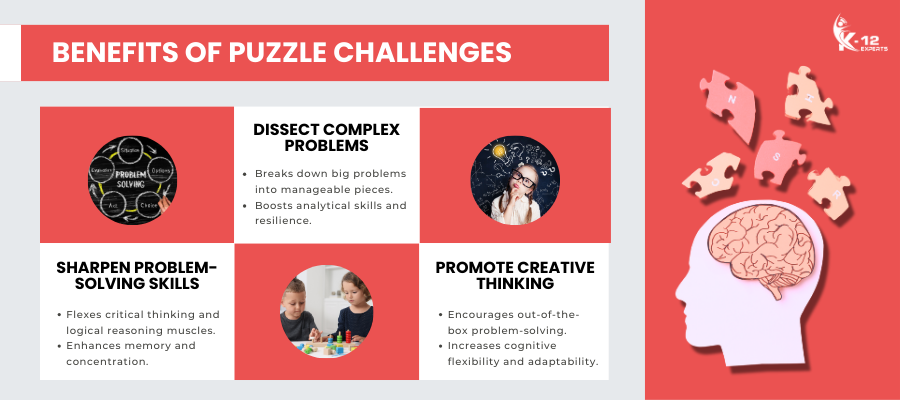
Diving into puzzle challenges not only sharpens your problem-solving skills but also greatly boosts your cognitive abilities. When you tackle these brain teasers, you’re not just starting on a mental gym session; you’re setting off on a mental gym session.
It’s all about flexing those critical thinking and logical reasoning muscles, turning you into a veritable Sherlock Holmes of the puzzle world. Engaging in these mind-benders enhances your memory and concentration, ensuring you’re as focused as a cat on a laser pointer.
By dissecting complex problems into bite-sized pieces, your analytical skills get a major workout. And let’s not forget the resilience and perseverance you build, transforming you into a problem-solving ninja.
Plus, puzzles push you towards creative problem-solving and boost your cognitive flexibility, making you the life of the brainy party.
Stimulating Logical Reasoning
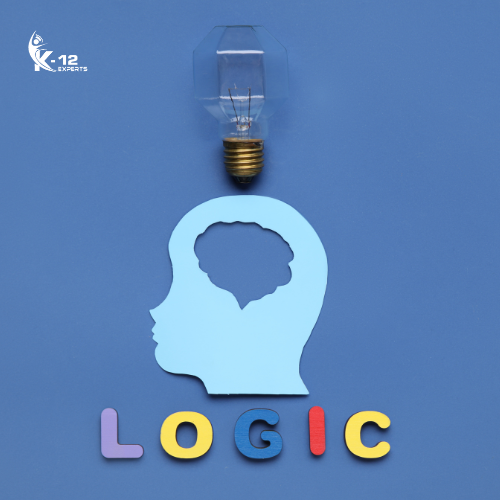
To stimulate logical reasoning, it’s essential to engage regularly in tasks that challenge your ability to analyze patterns and draw conclusions. Imagine your brain as a detective, piecing together clues in a world of puzzles.
- Critical Thinking: Dive into puzzles that make you question every step, enhancing your problem-solving skills and teaching you to think systematically.
- Strategic Thinking: Adopt strategies to tackle complex problems, boosting your ability to think logically and strategically.
- Analyze Patterns: Hone your skills in recognizing patterns and drawing logical conclusions, a fundamental aspect of logical reasoning.
Fostering Creativity and Innovation

Engaging with puzzle games sparks your imagination, encouraging you to seek out novel solutions and think inventively. As you plunge into the whimsical world of puzzles, you’re not just playing; you’re venturing on a creative quest.
Puzzles coax you to think outside the conventional, explore different possibilities, and develop your reasoning in ways that are as entertaining as they’re enlightening. You’ll find yourself making connections that once seemed elusive, thinking strategically to navigate through challenges.
Solving problems becomes an art form, where you analyze information and employ logical thinking with a twist of creativity. It’s a delightful journey where you’re the architect of your innovative solutions, proving that thinking can be as fun as it’s inventive.
Promoting Focus and Attention

Sharpening your focus and attention becomes essential when solving logic puzzles, as it demands a keen eye for detail and meticulous thinking. Engaging with these brain teasers, you’re not just starting on a journey to enhance your problem-solving arsenal.
Here’s how:
- Observation Skills: You’ll commence noticing patterns and details that were once invisible to you, turning the mundane into a treasure hunt.
- Critical Thinking: Each puzzle is a mystery where your reasoning is the detective, piecing together clues with Sherlockian flair.
- Systematic Approach: You learn to tackle problems methodically, breaking down giants into manageable tasks.
Logic puzzles aren’t just games; they’re your gym for the mind, where focus, attention, and detail become your workout routine, crafting sharper skills and a nimble brain ready for any challenge.
Integrating Puzzles Into Learning
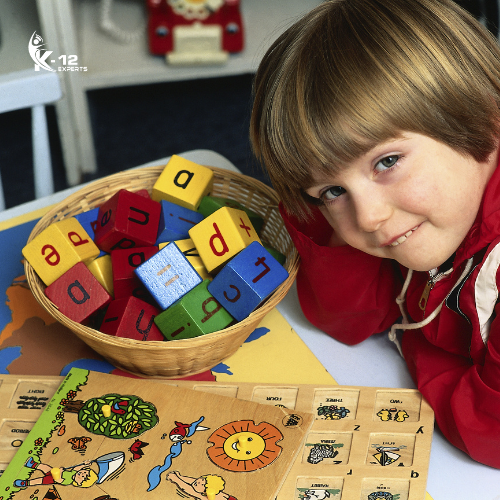
Integrating puzzles into your learning strategy can greatly enhance your critical thinking skills, making complex concepts more accessible and enjoyable to grasp. Imagine diving into a world where problem-solving becomes a thrilling adventure, and logical reasoning is your map. Puzzles transform the learning landscape, turning it into an active playground where your mind’s muscles flex with every challenge.
They’re not just brain teasers; they’re collaboration boosters, pushing you and your peers toward teamwork triumphs. Ever noticed how puzzles make those elusive ‘aha’ moments stick? That’s memory retention in action, folks! With every piece you place, you’re not just solving a puzzle; you’re building a tower of knowledge, brick by creative-thinking brick.
Frequently Asked Questions
How Do Puzzles Improve Critical Thinking?
Puzzles boost critical thinking by enhancing pattern recognition, problem-solving skills, and decision-making. They’re a cognitive challenge that improves mental flexibility, analytical reasoning, and strategic planning, serving as a brain exercise for innovation seekers.
How Do Puzzles Help Creative Development?
You might think puzzles are simple brain exercises, but they’re key to creative development. They enhance pattern recognition, boost problem-solving, spark idea generation, and stimulate innovation through mental flexibility and cognitive development.
What Is the Psychology Behind Jigsaw Puzzles?
Jigsaw puzzles captivate you by offering cognitive benefits like memory boost, stress reduction, and enhanced problem-solving skills through pattern recognition and spatial reasoning. They’re not just fun; they’re a puzzle addiction that fosters social bonding and sharpens your mind.
What Is the Point of Logic Puzzles?
You might think logic puzzles are just for fun, but they’re key to sharpening your brain exercise, boosting problem-solving skills, and enhancing mental agility. They offer cognitive benefits, stress reduction, and improved decision-making.
Conclusion
Embark on a whimsical journey through the maze of your mind, where puzzles serve as the keys to open your critical thinking treasure chest.
Like a playful dance of neurons, these think-enhancing riddles challenge you to leap beyond the ordinary, fostering creativity and sharpening your focus.
So, let’s sprinkle a dash of curiosity into our daily grind and transform mundane moments into enthralling quests for knowledge.
After all, who knew that becoming a problem-solving wizard could be such a delightful enigma?

